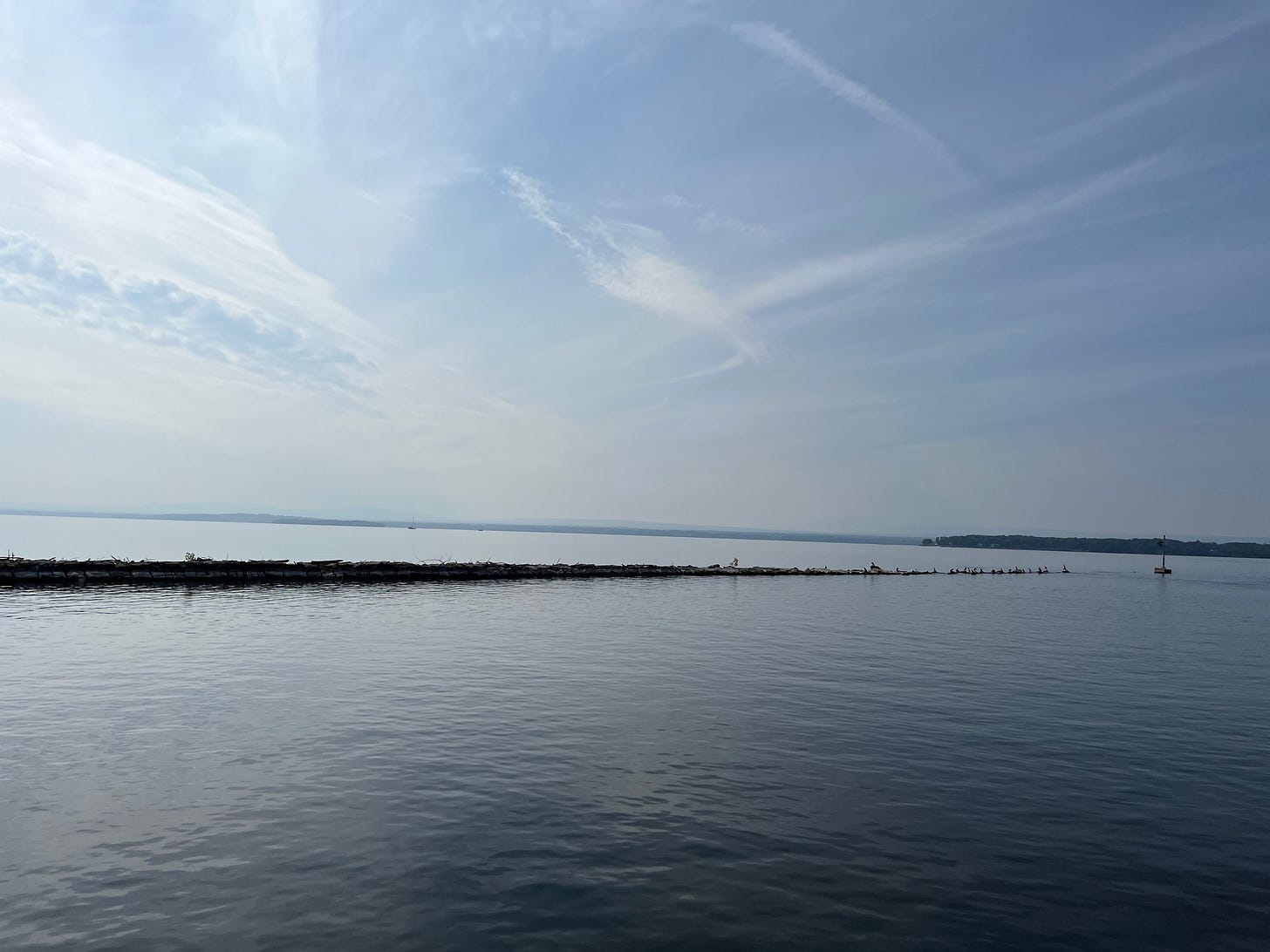Stephen King penned one of my favourite quotes: “If you want to be a writer, you must do two things above all others: Read a lot and write a lot.” The question of whether you have to read to be a good writer is occasionally a source of debate on Reddit and Twitter—and yes, there are exceptions to this rule—but I am firmly on King’s side.
Like all writers, I love language. I am fascinated by how words can be shuffled around, infinitely so, to express an idea, a face, a feeling, a place, a time. So, naturally, I love reading, because it’s another way to consume words.
As a I matured as a writer, I realized that reading also allowed me to validate ideas I had about storytelling, tone, point of view and character development. That the writing of others could provide me clues about how to use certain devices effectively. Virginia Woolf taught me it’s okay to start the story in the middle. Anais Nin showed me how to talk about female bodies and sexuality without shame. Even if I hate a book I’m reading, it’s always useful to question why it isn’t resonating with me.
There are people who read far more than I do, but I usually have a book or two on the go. I read less when I’m writing, and read more during the revision phase. I also like to switch between English and French (Quebec) titles to keep my brain well-fed.
Here’s a round-up of what I’ve learned about writing in the last two years and the books I learned it all from.
You are not always required to write the scene of a traumatic event. In many cases, it’s far more interesting to see how the characters expand and contract in reaction to that event.
Hanya Yanagihara’s “A Little Life”
Gabrielle Zevin’s “Tomorrow, Tomorrow and Tomorrow”
When using other languages in a novel, you are not required to translate or italicize. If it’s well contextualized and not over-used, foreign words and turns of phrase become part of the novel’s rhythm, and will not disrupt the reading experience.
Junot Diaz’s “The Brief Wondrous Life of Oscar Wao”
Dimitri Nasrallah’s “Hotline”
You can have a character-driven novel that also has suspense, a strong plot. There just needs to be a good balance between, say, solemnly staring out the window while contemplating your soul and a brawl breaking out at the union hall.
RF Kuang’s “Yellowface”
Claire Keegan’s “Small Things Like These”
You have to balance how much technical detail you can put into a piece of writing without having readers check out. In some cases, you load up because it’s necessary to the story, and make peace with the fact that some readers won’t get to the last page.
Elizabeth Gilbert’s “The Signature of All Things”
Hernan Diaz’s “Trust”
And some books are such masterpieces that they mostly serve as a standard for you to one day reach.
Barbara Kingsolver’s “Demon Copperhead”
Rohinton Mistry’s “A Fine Balance”
What are some books that have taught you something about writing? Or maybe you’re a writer who doesn’t like to read? Tell me about that.
I may learn something from it 👍🏼





Books that have taught me things about writing : Into the forest (Jean Hegland), La consolante (Anna Gavalda), L'élégance du hérisson (Muriel Barberry) ;)